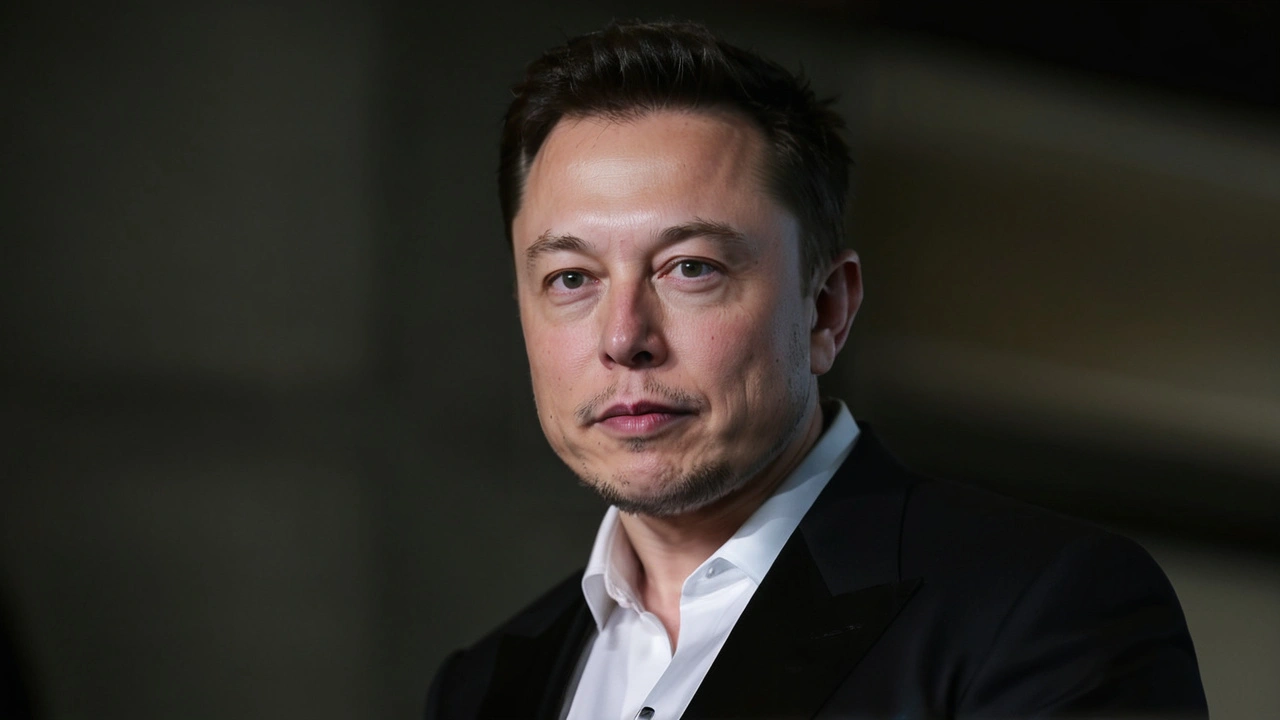Election Interference: What It Means and Why It Matters
When you hear "election interference" you probably think of hackers, fake news or foreign money sneaking into a vote. It’s more than a headline – it’s anything that tries to tilt the outcome away from what voters truly want. Understanding the tactics helps citizens, journalists and officials stay ahead of the game.
Common Ways Elections Get Messed With
First up are cyber attacks. Hackers can breach voter registries, change numbers or leak personal data to intimidate people. Social media is another hot spot: bots spread false stories, deep‑fakes make politicians look bad and paid ads push secret agendas.
Money also plays a big role. Foreign governments or wealthy interest groups sometimes funnel cash through shell companies, making it look like local support. That money can buy billboards, TV spots or even pay off officials who oversee the vote count.
On‑the‑ground tricks still happen too. Stuffers put extra ballots in boxes, poll workers delay counting to create confusion, and intimidation at polling stations scares people away. Even simple things like misprinted ballot papers can cause chaos that benefits one side.
How to Spot and Stop Interference
The first line of defense is transparency. Open voter rolls, live‑streamed counting and clear audit trails make it harder for bad actors to hide their moves. If something looks off – a sudden surge in votes from one area or a weird pattern in online ads – raise the alarm early.
Tech tools help too. AI can flag coordinated bot networks, while blockchain pilots aim to create tamper‑proof voting records. But tech isn’t a silver bullet; it needs strong legal frameworks and trained staff to be effective.
Citizens play a huge role. Fact‑checking before you share, reporting suspicious activity at your polling place, and demanding independent observers keep the system honest. Grassroots groups in Kenya, Nigeria and South Africa have already set up rapid response teams that debunk misinformation within minutes.
Finally, governments must enforce strict penalties for anyone caught meddling. Laws need to cover both domestic conspirators and foreign operatives, with clear jurisdiction so prosecutors can act quickly.
Election interference isn’t a new problem, but the tools we have now – smarter media, stronger watchdogs and more engaged voters – give us a real chance to protect democracy. Stay curious, stay skeptical, and keep asking who benefits when the vote looks weird. That’s how you help keep elections fair.

Elon Musk and Donald Trump Jr. Accuse Google of Election Interference Regarding Donald Trump Assassination Attempt Search Results
Elon Musk and Donald Trump Jr. have accused Google of election interference by allegedly omitting search results related to an assassination attempt on former US President Donald Trump. This controversy arose due to the lack of relevant autocomplete suggestions while searching for information about the event, with Google defending its practices aimed at avoiding associations with political violence.




